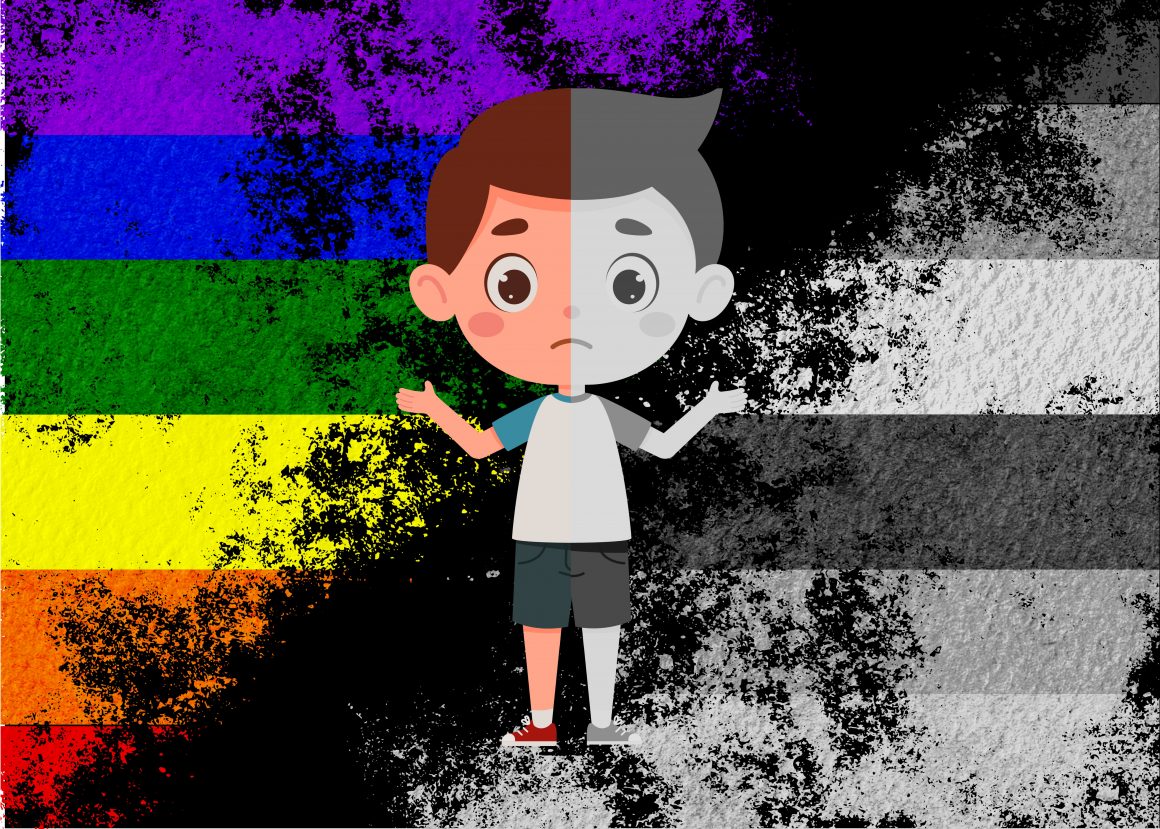
“Parental choice” is a campaign against public education
By Vama Saini, December 23 2023—
On Sept. 20, protests surged across Canada, with crowds rallying against the inclusion of 2SLGBTQ+ education in schools. The organizers, many connected to far-right networks, claim it’s not about opposition to diverse sexual orientations or gender identities but a defence of “parental choice” in education. However, a closer look reveals that this movement extends beyond targeting queer youth — it’s a calculated attack on public education itself.
The simplification of children’s issues into a struggle for control, whether by parents or public institutions, breeds unnecessary divisions. This approach deliberately exploits parental anxieties about losing control over their children. It caters to a vocal constituency, demonizes a vulnerable group of children and scapegoats educators who teach and support them.
Despite claims by organizers to champion “parental choice,” the movement reveals a hidden agenda centred on a specific, restrictive gender ideology. Their vision aims to constrain discussions on consent, bodily autonomy and non-traditional gender roles in health education. The rallying cry of ‘hands off our kids’ produces a curriculum lacking essential concepts for a modern, informed society.
Beyond its surface arguments, the “parental choice” movement serves as an attempt to privatize education. Its true goal is to redirect public funds to support exclusive private educational services. This corporatization trend erodes the quality of education for marginalized children within the underfunded public system, redirecting resources toward private entities.
Education “choice” is typically justified by parents using the language “for my kid.” While it is challenging to dispute a parent looking out for their child’s best interests, discerning what is genuinely in the child’s best interest versus a parent’s asserted control is difficult. The normalization of a model based on funding-per-student prioritizes individual needs. Here, “parental choice” not only leverages an individualized frame but also a privatized one.
The privatization of education furthers the agenda of exclusionary practice. It’s an individualized approach to both paying for and providing an education that doesn’t cause discomfort, that won’t raise difficult questions or challenge traditional power structures, the way the public system is accused of doing.
The movement’s narrative portrays the struggle as a power play between traditional families and a feminized workforce, vilifying the women who make up the underfunded sector as they address critical, educational issues. This narrative indirectly endorses the continued targeting of the 2SLGBTQ+ community both in and out of school.
Recent policy changes in Saskatchewan and New Brunswick, framed as “parental rights,” set a dangerous precedent by jeopardizing the safety of 2SLGBTQ+ students. Mandating parental consent for pronoun changes ignores the real dangers some students may face if their pronouns or gender identities are forcibly revealed.
In the controversy surrounding Saskatchewan’s adoption of this policy, Premier Scott Moe exhibited a commitment to the policy, ignoring the recommendations outlined in the Children’s Advocate report and recalling the legislature after a judge issued an injunction against the policy. Moe has even threatened to use the notwithstanding clause to allow the policy to stand, even if it violates the Canadian Charter of Rights and Freedoms. These actions don’t align with simple “parental pressure” to support the policy, as their government claims. It is essential to examine why this government might believe stoking this debate is politically advantageous.
The “parental choice” debate goes beyond a genuine concern for children’s education — it is part of a broader strategy to advance privatization and weaken the quality of education in the public domain. As advocates for inclusive and equitable education, it is crucial to recognize these tactics, challenge false narratives and defend the principles that public education stands for — a space where all children can learn, grow and thrive.
This article is a part of our Opinions section and does not necessarily reflect the views of the Gauntlet editorial board.
